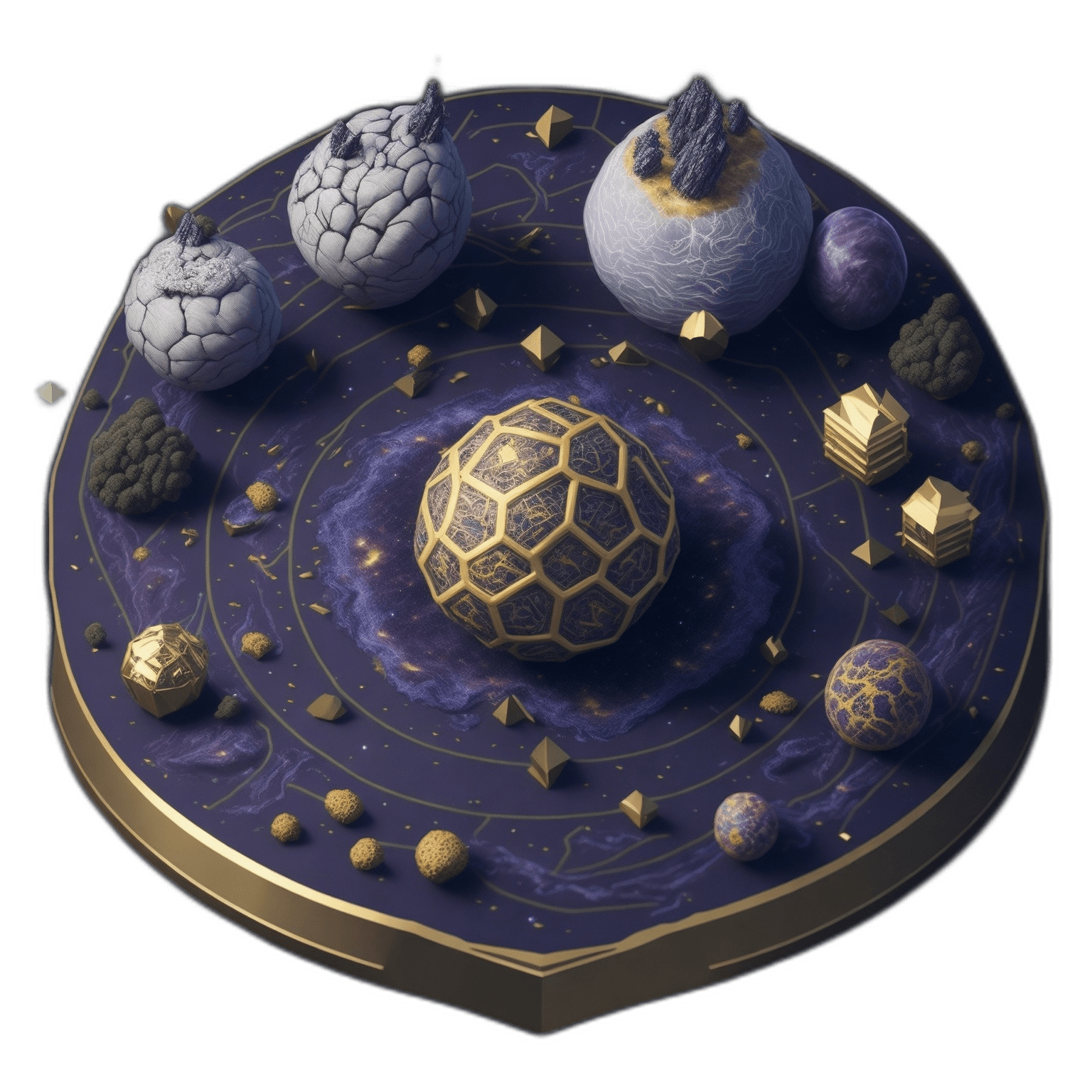 rizens
rizens
Recently, I’ve seen websites and apps developed with astro. The previous version of my website was developed with gatsby - I was looking into migrating that to one of the newest trends to make my life easy and interesting. I was looking for a static site generator that has React & Typescript in mind. Amongst other alternatives, I finally choose Astro, and I can’t say how happy i am to chose this route as it appears to be the most appropriate framework for either static or dynamic site/app, while letting you chose any of the ui frameworks or even better - mix them.
Astro is the missing link between easy web app development, static site development and no-locked in vendors - the islands architecture.
I want to shed some light on what made me feel at home with astro. It’s important to note i started with one of the free starters and taking off from there.
The Astro framework introduce the .astro fiel extension as a component. Create a new file, write some html into it - and there you have it - a full custom html component ready to be used anywhere.
<!-- Link.astro -->
<a href="/">This is my homepage</a>And then, simply import that anywhere - in any jsx or astro file:
---
import Link from '.@/components/Link.astro';
---
<div>
<Link />
</div>I see that as an advantage because it’s that simple - no need for writing a function, import React - less cluter. It’s important to mention that when you want that <Link /> to have custom properties or React’s children prop - you would use that definition on top of the html:
---
// Link.astro
const { props } = Astro;
---
<a class='underline hover:bg-primaryAlpha' target='_blank' {...props}>
<slot></slot>
</a>With that in place, you can use it like that:
---
import Link from '.@/components/link.astro';
---
<div>
<Link href="/contact">Contact Me</Link>
</div>
);This leads me to the next aparent advantage - it looks like react.
the starter repo i started with included react as a plugin. However, if you’re familiar with vite, you’ll notice it’s just a plugin that is just attached to the astro.config.ts which is quite similar with any vite.config.ts.
With that in place, writing react .tsx files is possible just like that.
Astro include routing right out of the box by using the convention of the /pages directory. Any .astro files under that directory becomes a route. If it’s a directory, you can simply use index.astro.
There are more options to support dyanmic routes - i.e, if you have a /blog/an-id-of-a-post, you would use /blog/[id].astro as a file to handle all the dynamic posts that should be there. Other file extensions that are supported as handlers to this route startegy are: .md, .mdx, .html and .js/.ts (is used as endpoints).
By default, Astro renders static pages. Although it supports SSR, and server api routes, Astro includes special directives (html attributes) that instructs various loading and activation. In order to run client side javascript in the browser, one would use the client:only directive:
---
import Link from '@/compoennts/Link.astro';
---
<Link client:only>any js runs inside the component in the browser</Link>This makes sure that any js code that is included inside Link.astro runs in the browser - that includes any event handlers and practically anything that is written with Javascript/Typescript.
That’s not all - Astro includes a fantastic documentation with lots of examples, recipes, and guides on how to to do almost anything you can imagine. For a long time, I’ve been wanting to have some static pages on our reading practice app - ReadM.